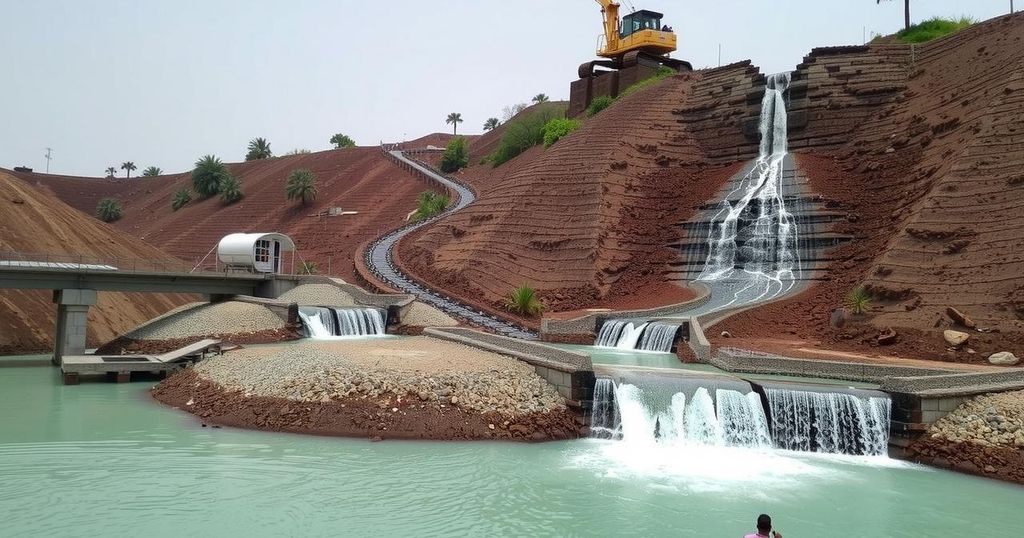Nigeria has lifted a five-year ban on mining in Zamfara State, crucial for gold, lithium, and copper deposits. Enhanced security measures have made the region safer for mining investments. The government aims to diversify its economy beyond oil reliance by promoting the mining sector through reforms and international collaboration.
Nigeria has officially lifted a five-year suspension on mining activities in Zamfara State, a critical area known for its rich deposits of gold, lithium, and copper. This decision comes as a crucial development for the state’s mining sector, which had been significantly hampered since 2019 due to rising banditry and insecurity. According to Dele Alake, Nigeria’s Minister of Mines and Steel Development, the recent enhancement of security measures in the region has made it viable to resume mining exploration.
In a statement made on December 22, Alake noted that the measures taken by security operatives have led to a significant decrease in insecurity levels. With the ban’s removal, Zamfara’s mining sector is anticipated to gradually contribute more substantially to the nation’s revenue stream while curbing illegal mining practices that flourished during the suspension. Such illegal activities have not only exploited the state’s natural resources but have also complicated the government’s efforts to maintain law and order in the region.
Historically, Zamfara has been a pivotal area for mining; however, the escalation of criminal activities like banditry and kidnapping prompted the halt of mining operations. The lifting of the ban aims to restore order, ensuring mining activities are conducted under strict government supervision. Furthermore, Nigeria is making efforts to diversify its economy beyond oil reliance, as the mining sector currently accounts for less than 1% of the nation’s GDP.
To promote growth within the mining industry, the Nigerian government has initiated several reforms, including the cancellation of unused mining licenses and the creation of a national mining company. Additionally, international collaborations have commenced, with agreements signed with countries like France, Germany, and Australia to enhance Nigeria’s technical and financial resources in mining. These developments indicate a hopeful trajectory for the mining sector as it seeks to strengthen the nation’s economy, moving beyond its traditional oil-centric framework.
The mining sector in Nigeria has long remained underutilized, primarily due to security issues and regulatory challenges that have hindered proper investment and exploration. Zamfara State, in particular, has rich mineral deposits that were made inaccessible for five years due to escalating violence and banditry, prompting concerns over both safety and illegal mining activities. The government’s renewed commitment to improving security and regulatory frameworks reflects a strategic shift in addressing these challenges and stimulating economic diversification through mining.
In conclusion, the resumption of mining activities in Zamfara State marks a promising development for Nigeria’s mining sector, which has been stymied by violence and insecurity for several years. Enhanced security measures and government reforms are essential in restoring order and ensuring that the sector contributes significantly to the national economy. With international partnerships aimed at building capacity and expertise, Nigeria is poised to diversify its revenue streams, reducing its dependency on oil exports and aligning with broader economic objectives.
Original Source: www.chemanalyst.com






